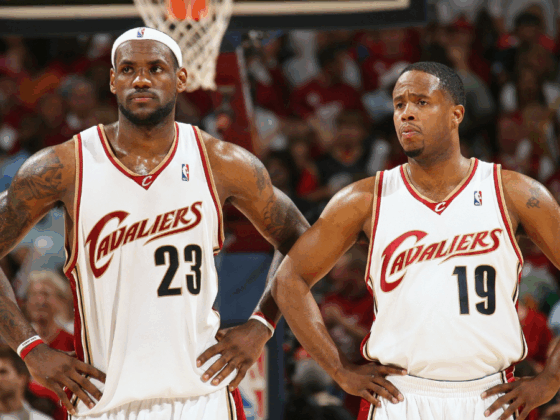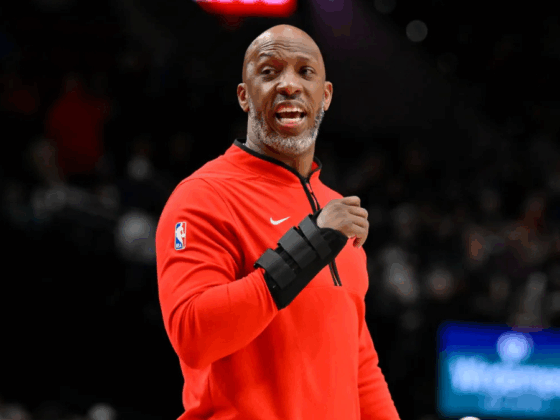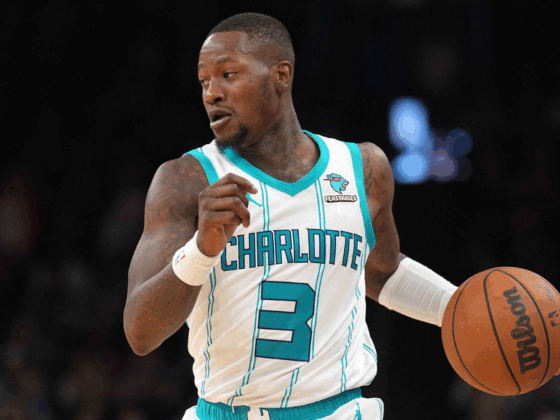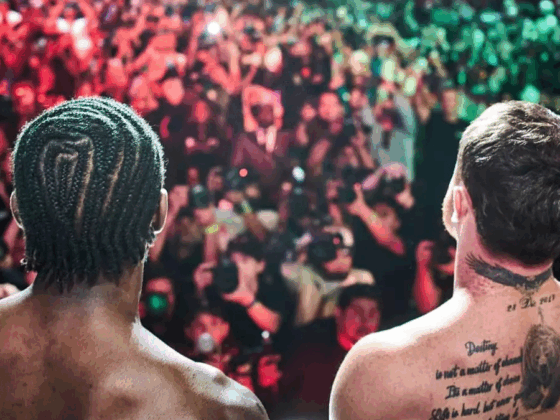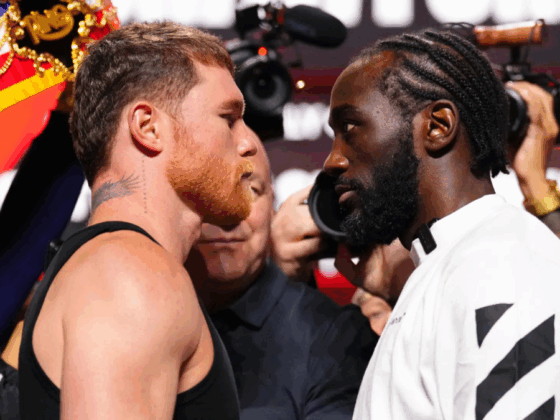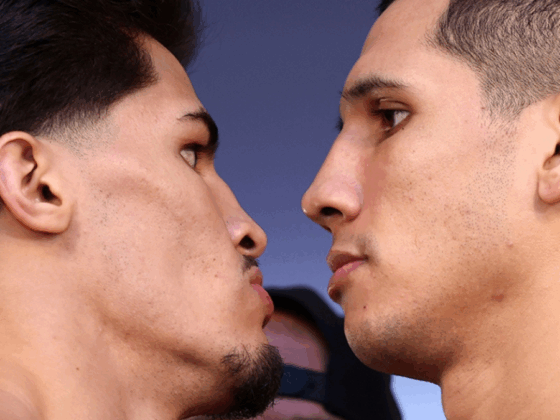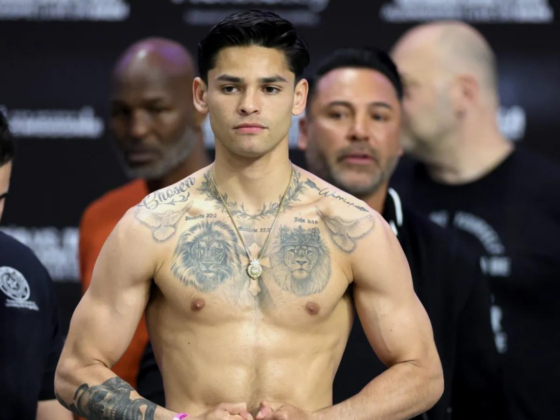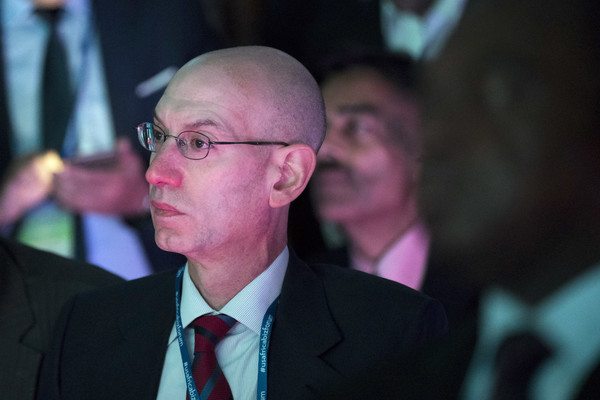
Despite concern over two sexual assault allegations at Providence and Oregon, Brandon Austin has been given NBA permission to work out for teams in the pre-draft process. He will start that process with a workout for the Philadelphia 76ers.
According to ESPN’s Zach Lowe, Austin’s potential release from career purgatory comes after a lengthy arbitration process between the NBA and the Players’ Association. The secret arbitration involved both Austin and an unnamed player accused of domestic violence.
In effect, the reason for the arbitration was a memo sent out by the NBA telling teams that if they signed players with questionable pasts, they would be at risk of league discipline. The NBPA took offense to that action, via Lowe:
The National Basketball Players Association filed an arbitration claim arguing that the memo had a chilling effect, and that the league had overstepped its bounds by telling teams it could discipline players for past allegations, sources say. The arbitrator agreed with the union that the league could not fine or suspend the players going forward based on prior allegations, sources say. The league sent teams a follow-up memo clarifying that after the ruling.
The arbitrator upheld the league’s authority to “disapprove” entirely any contract any player might sign based on the NBA commissioner’s broad authority, outlined in the league’s constitution, to determine that “all players shall be of good moral character.” The arbitrator also rejected the union’s claim that the memo amounted to a form of collusion, sources said.
The final result of the process was this:
The NBA could not force disciplinary action on players based on previous allegations. However, it could reject contracts signed by teams for those reasons.
According to Lowe, the new CBA will also add to the league’s authority in these matters. For example, the NBA now has the right to enforce discipline on players from their own private investigations rather than waiting for the resolution of a criminal case in instances of domestic violence.
This is all a reaction to criticism that the NBA has been soft in disciplining cases of domestic violence, such as that of Darren Collison, and sexual assault, such as that of Derrick Rose. It’s a difficult line to balance on; the NBA does not want to overstep on potentially false allegations but it does need to preserve its image in light of potentially evil actions by their players that can often go unpunished by the court.
For now, Austin is a test case into whether any NBA team would draft or sign the 23-year-old small forward and what the league office would do if it happens.
